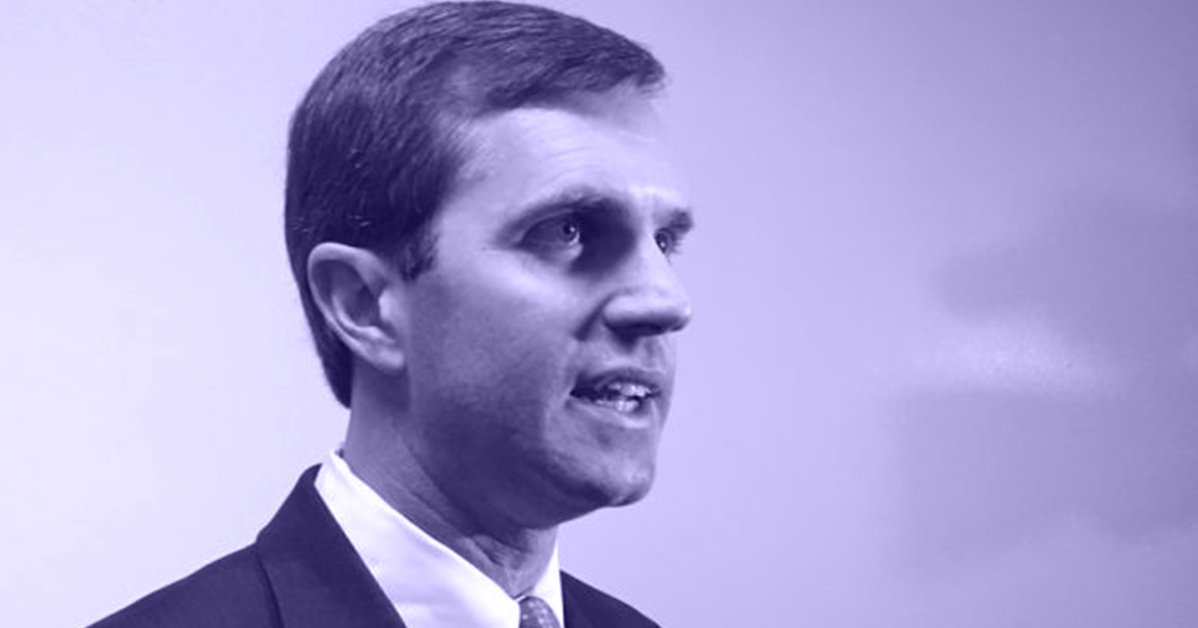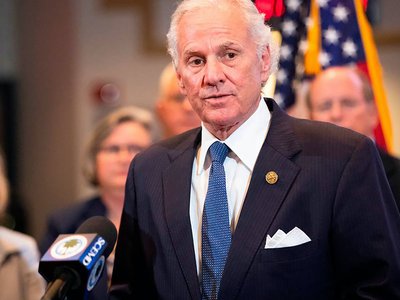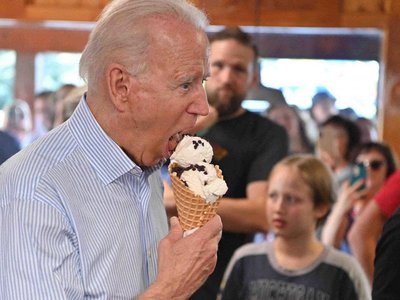Last week, Kentucky was the first state legislature to pass a new program to fund students instead of systems this year. The proposal, House Bill 563, would allow eligible students to access scholarships to use at approved private education providers of their families’ choosing. But the Bluegrass State’s Democratic governor, Andy Beshear, blocked educational opportunities for thousands of children by vetoing the bill on Wednesday.
Kentucky requires a constitutional majority in both the House and Senate to override Beshear’s veto, and that vote is expected to happen Monday.
During his press conference announcing the decision, Beshear said that the bill “would greatly harm public education in Kentucky by taking money away from public schools and sending it to unaccountable private organizations with little oversight.”
But Beshear recently sent his own children to private school. I’m glad his family had that opportunity. Every family should seek out the best options for their children. But why turn around and fight against school choice for others?
Why did Beshear send his children to private schools if they were “unaccountable?” And why was it okay for his family to “take money away” from public schools when he chose private for his kids? In fact, taking his kid out of a public school had the same effect on district finances as a less fortunate kid leaving with a scholarship because school districts are funded based on enrollment counts.
When asked by a reporter about this hypocrisy in 2019, Beshear attempted to defend himself by pointing out that he is “a public school graduate.” During his press conference to announce the veto on Wednesday, he reiterated that he is “a proud product of public education. A proud graduate of Kentucky’s public schools,” and that his “commitment to public education runs deep.”
Although it’s technically true that Beshear graduated from a public school in the state, newly surfaced documents reveal that the governor hasn’t been telling the entire story. An article published on April 25, 1985, in a Madisonville, Kentucky, newspaper indicates that Beshear, along with his brother Jeff, attended a private primary school at the time. Beshear left those details out of the conversation every step of the way, conveniently helping him deflect accusations of hypocrisy.
The hypocrisy is only half the problem. Beshear’s main arguments against allowing other families to access educational opportunities fall apart under modest scrutiny.
Despite Beshear’s claims to the contrary, private schools are directly accountable to families. Underperforming private schools shut down. Underperforming government schools get more money. The bottom line is private schools know families can take their money elsewhere if they don’t deliver, so they have meaningful incentives to cater to students’ needs. And bureaucratic red tape engrained in the public school system isn’t the same thing as accountability.
And why would giving families a choice “harm” public schools? With this claim, Beshear essentially admits that many families would like to choose another option because they aren’t satisfied with the quality of services they receive in the traditional system.
His implication is right. In the state’s largest school district, for example, 41% of school-based certified employees indicated in a 2020 survey that they would rather not send their own children to a school within the district. That’s exactly why the public school monopoly is shaking in their boots. In this sense, school choice doesn’t defund public schools – if anything, public schools defund themselves by failing to meet the needs of families year after year.
Public schools are also able to keep substantial portions of children’s education dollars even after they leave. In other words, public schools actually financially benefit on a per-student basis when they lose customers to private schools. Imagine if Safeway were able to keep large portions of your grocery funding even after you started shopping at Trader Joe’s. That would be a fantastic deal for Safeway. Public schools should also be happy they get to keep any money at all for students they no longer educate.
School choice doesn’t defund public schools any more than Pell Grants for higher education defund community colleges. Think of it this way: allowing families to choose their grocery store doesn’t “take money away” from Safeway. Allowing families to choose their school doesn’t “take money away” from public schools.
The money doesn’t belong to any particular institution. Similarly, K-12 education funding is meant for educating children – not for protecting a government monopoly. We should get our priorities right and fund students, not systems.







